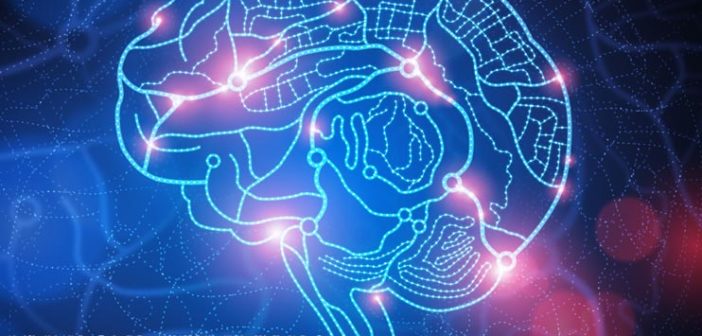During this article, you will learn about neurotransmitters and the role they have with inflammation and other health problems, as well as what you can do to help.
Dopamine – This neurotransmitter is responsible for regulating your memory and motor control. When the levels are too high or low you may experience memory issues. When dopamine levels are too high you may also experience anxiety or hyperactivity.
Gaba – This is very much a mood modulator. When your levels are too high you may be too excited and may result in your feeling sluggish and have foggy thinking.
Epinephrine – This is an excitatory neurotransmitter that works at regulating your heart rate, metabolism and blood pressure. It also manages your ‘fight or flight’ instinct and oxygen and glucose to the brain and muscles. When the levels are too high you may experience sleep issues, anxiety or hyperactivity. When your levels are too low you may experience low energy, depression, fatigue, stress or dizziness.
What Neurotransmitters Control
Some neurotransmitters are now being understood as having a key role in the immune system, whereas they used to be thought of operating separately. Every neurotransmitter controls an aspect of your body’s function and here you will learn what some neurotransmitters primary influence is.
Norepinephrine mainly affects the immune and inflammation modulation in your body. Norepinephrine works at activating anti-inflammatory molecules which decrease any pro-inflammatory cytokines. It binds itself onto immune cells which will then remove pro-inflammatory cytokine release as well as innate cell stimulation. Norepinephrine is also related to energy and mood.
Serotonin has an influence mainly on inflammation and if someone’s serotonin levels are far too low then they can often suffer from chronic inflammation as a result. While serotonin is most commonly known for its role in depression, it has been suggested that it has a vital role in the immune system. People who suffer from irritable bowel syndrome will often have depression, and those who have inflammatory problems will also often have depression.
Glutamate, much like norepinephrine, is related to the immune and inflammation activation in the body. An inflammatory reaction is caused when microglial cells are released and there is an over-activation of the kynurenine pathway.
Whole-Body Connection
Many people see their body as lots of individual little systems when in actual fact it operates largely as one system. Studies have shown that the body’s immune cell receptors bind to neurotransmitters. When these neurotransmitters have been activated, it will contribute to a range of symptoms.
While some neurotransmitters work at reducing pro-inflammatory cytokines, others will increase the pro-inflammatory cytokines and some will assist in the cytokine moving around your system and targeting specific areas.
What You Can Do
As studies are finding out that our whole body is one big system, we should treat it as such. Our systems are so intertwined and work together that it is difficult to identify where they stop and start. Highly effective approaches and treatments are those that target more than one area at a time.
For example, yoga and meditation are able to increase your neurotransmitter levels and work at increasing your brain functioning. Additionally, by living a healthy lifestyle, eating healthy, living clean and removing stress factors can help protect you.
Those who suffer from neurotransmitter imbalances can often have other conditions such as rheumatoid arthritis, stress and irritable bowel syndrome. Many patients who suffer from severe diseases or illnesses will often suffer from depression, fatigue and anxiety due to the connection of neurotransmitters and the nervous and immune system.
You are also able to take advantage of our home test which will give results on how your neurotransmitters are doing. This test only requires a urine sample and can be completed at your convenience.





